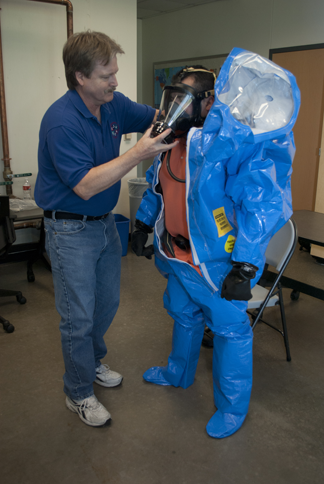By Joshua Knopp/managing editor
The title Gone seems to refer to the quality of the story before it was scripted and shot.The movie follows Jill (Amanda Seyfried) as she tries to find the man (Casey O’Neill) who abducted her two years prior and, she believes, has abducted her sister, Molly (Emily Wickersham). The circumstances of Jill’s abduction are such that the authorities have no evidence it happened. She was committed and, in the timeline of the movie, was only recently released. To the outside world, there’s a crazy lady running around with a gun. But to Jill, she’s trying to save her sister.

Photo courtesy Summit Entertainment
Whatever Gone could have been with more ambition, it isn’t. The movie’s base attributes — acting and camerawork, in particular — aren’t up to snuff. Seyfried is always wonderful, and her character is ambiguous enough that she has room for error, but her supporting cast is straight from a procedural cop show. The camerawork is dull and doesn’t contribute to the story.
Other aspects of the movie just don’t feel right. Red herrings are easily spotted, and supposedly insignificant events that turn out important later are also poorly disguised. The audience is given no reason to really get behind Jill nor reason to question the story as she presents it.
Gone lines up as a classic unreliable narrator story, in which the audience is presented an unrealistic scenario from a main character of questionable sanity, and they must discern the reality of the situation, or at least some meaning, from a story that is clearly not true. Unreliable narrator stories can be harrowing for a viewer or at least an interesting surrealist experience.
Gone is none of these things.
There aren’t any surrealist experiences — Jill isn’t visibly going crazy. There aren’t any inconsistencies with her story — she sticks to it the entire time, and it’s always presented as plausible. Having a reliable narrator isn’t bad. It’s much easier to do than having an unreliable one. But here, it’s a waste of a good story.
What keeps your attention more — a story that makes you say, “Oh, the protagonist was right all along? You don’t say?” or a story that makes you say, “Snarglf… WHAT IS HAPPENING?”





























